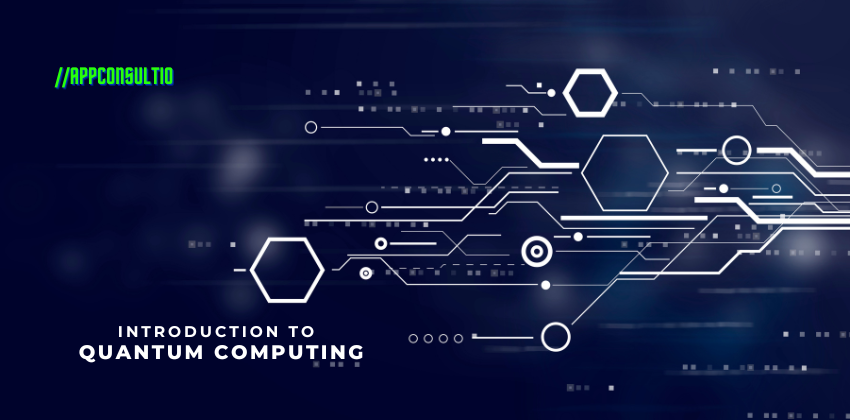
Quantum computing is like a supercharged way of doing computer stuff. Instead of regular 0s and 1s, it uses "qubits" that can be many things at once, making it fast for specific problems. These qubits can also be connected in a special way called "entanglement," so they work together even from far away.
It's like having many brains working on a puzzle all at once. Quantum computing could help with things like secret codes, making things better, simulating complex stuff, and making smarter computers. But it's still new and has some challenges to solve. Researchers are making it stronger, and as it gets better, it could change how we do things in a big way.
In the 1970s and 1980s, clever scientists like Charles H. Bennet, Paul A. Beniof, David Deutsch, and Richard P. Feynman started thinking about a new way to build computers using quantum stuff. They were curious about the limits of regular computers and wanted to use the rules of quantum physics to make super-powered computers.
In 1982, Feynman came up with an idea for a different kind of computer. He said we could use quantum things to do calculations and even mimic experiments in quantum physics. This special computer could solve complex problems way faster than regular computers, especially those involving lots of quantum stuff. While regular computers would take forever to solve certain problems, this quantum computer could do it way quicker. It's like a super-speedy computer powered by the rules of quantum physics!
Thermodynamics of Quantum Computation-
Computers, just like any machine, follow rules from thermodynamics, which is about how things heat up and work. Normal computers, made of digital parts, create heat when they run. But can we make computers that don't produce heat? Well, there's a special type of computer called a quantum computer that comes close.
In regular computers, erasing information makes heat because it changes things in a certain way. But in quantum computers, erasing information doesn't make heat. So, in a perfect world, quantum computers could work without making heat. But in real life, they still make some heat because of things like electric wires and electrons moving around. But quantum computers are closer to not making heat as regular computers do.
Future Directions of Quantum Computing-
The foundation of quantum computation is now well established, but many other important aspects are still being explored. These include quantum algorithms, understanding how to control the effects of decoherence, using tiny atomic-scale technology, and finding valuable real-world uses for quantum computing.
One interesting idea is using the reversibility of quantum computation to solve problems that are difficult to solve using regular computers. Some problems are easy to solve in one direction but hard in the other. Quantum computers might be able to tackle these "hard in the opposite sense" problems more efficiently.
There's also potential for quantum computers to help with problems involving finding the smallest possible solution. This is because the way quantum bits behave, similar to waves, can create useful interference patterns that might help us find these solutions more effectively.
Imagine a scenario where we're trying to find the best arrangement of things, like the optimal route for delivering packages. Quantum computers might use a phenomenon called "quantum tunneling" to make these optimizations even better.
Complex numbers, which involve both real and imaginary parts, have special properties that could lead to new ways of solving problems. These properties include things like analytic functions and conformal mappings, which could be used to develop innovative algorithms.
Quantum field theory, which is a way of understanding how tiny particles interact, could expand the capabilities of quantum computation. This could allow us to create and control particles in quantum optics, a field that deals with light and its interactions with matter. For example, something as simple as shining light through two slits can be thought of as a way to make copies in quantum theory, and this is allowed because the resulting light intensities are related in a specific way.
Conclusion-
In Conclusion, quantum computing represents a groundbreaking leap in how we process information, harnessing the power of quantum mechanics to perform complex computations swiftly. By utilizing qubits that can exist in multiple states simultaneously and leveraging concepts like entanglement, quantum computing holds immense potential to revolutionize encryption, problem-solving, optimization, and scientific simulations. While challenges remain, ongoing research into quantum algorithms, error control, and interdisciplinary collaborations points towards a future where quantum computing becomes an integral part of solving problems that were once considered insurmountable by classical computers.